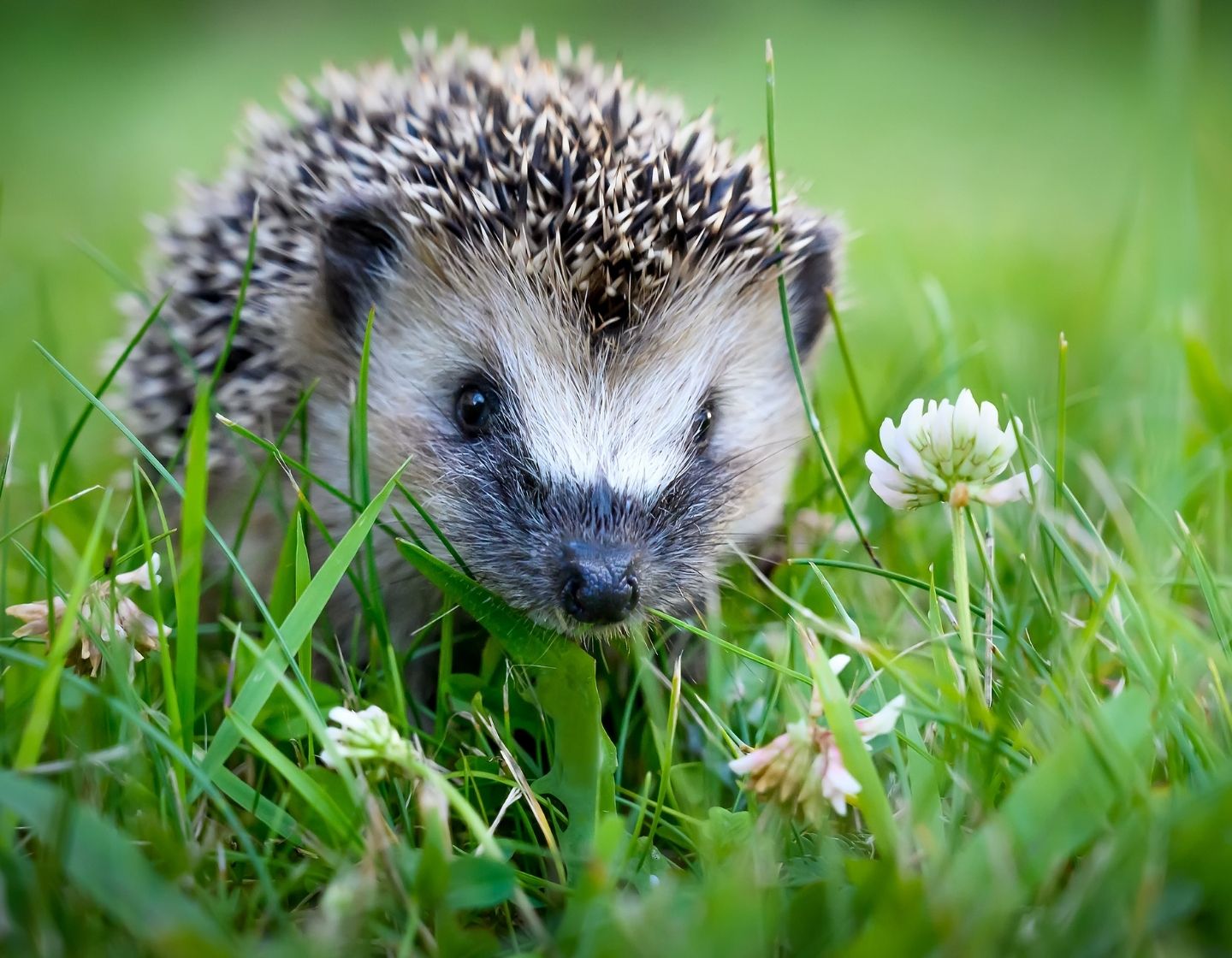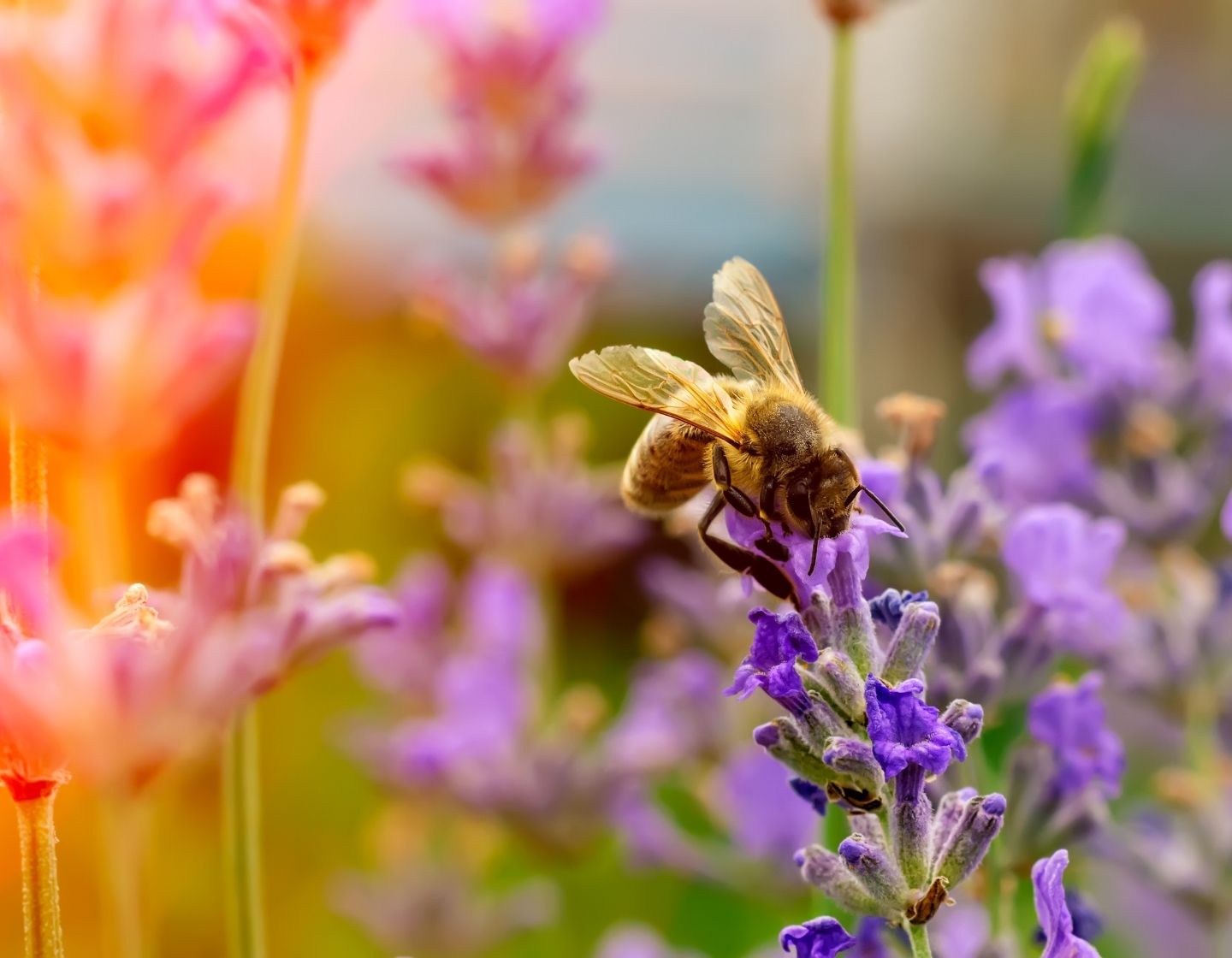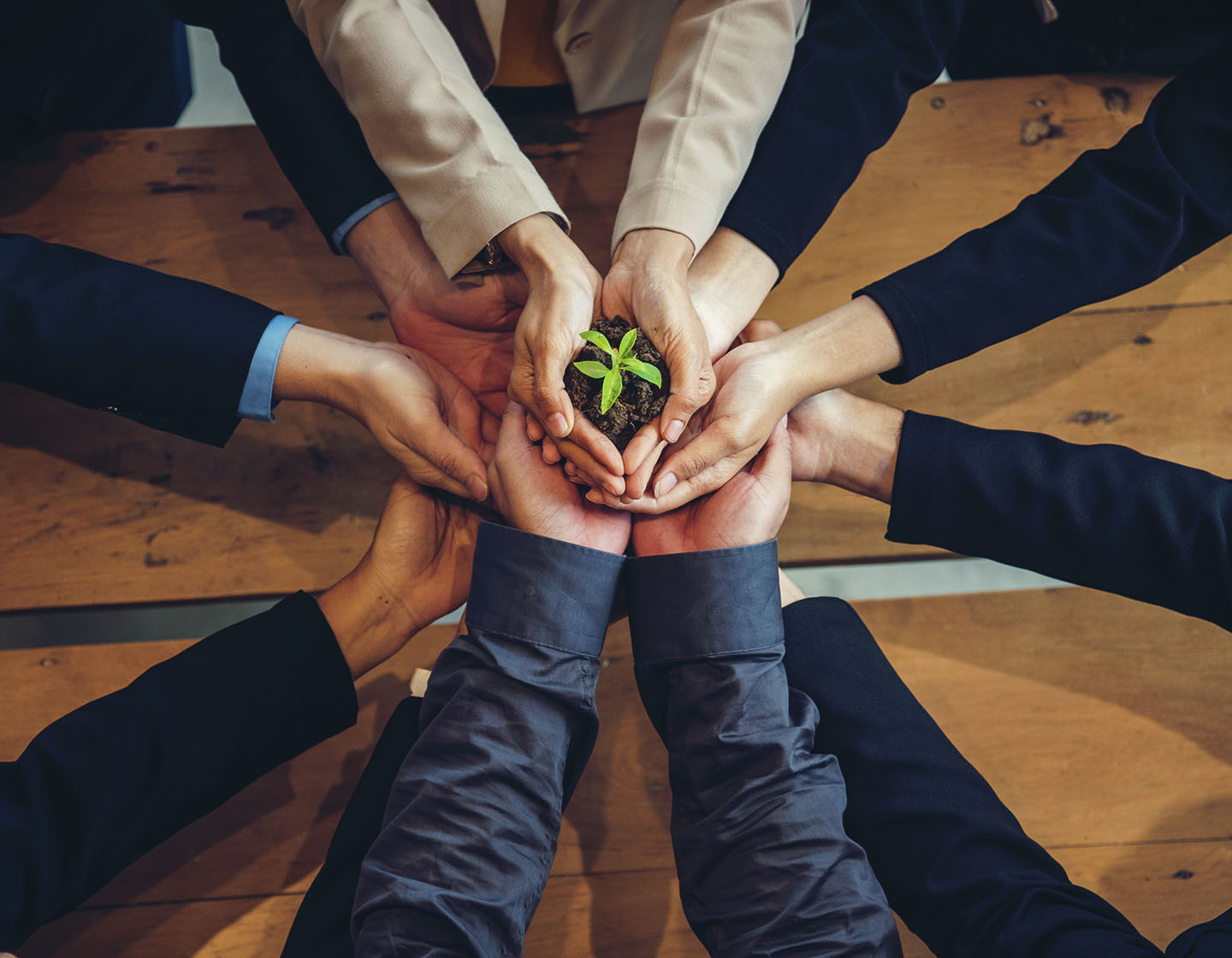Biodiversity crisis: wildlife faces a ‘catastrophic decline’ due to human destruction
According to a recent report by WWF, there’s been a “catastrophic decline” of wildlife – falling by more than two-thirds in less than 50 years.
And it’s our fault. Overexploitation, climate change, pollution and deforestation are only a few of the factors that have contributed to this decline.
The Earth’s population has doubled since 1970, so naturally our consumption has increased in order to feed, clothe and home billions of people. An increase in affluence has hugely intensified consumption too. Because of this, millions of hectares of forest has been lost, animals are at risk of extinction and the Earth’s natural resources are running out.
What factors lead to biodiversity loss?
Put simply, humans are the reason for the biodiversity crisis.
Deforestation through human activity such as, overexploitation, agriculture, mining, conversion, infrastructure and unsustainable forest management leads to biodiversity loss. This is especially true in tropical forests: roughly 12 million hectares of tropical forest were lost in 2018 (the equivalent of 30 football fields per minute).
We have lost 1.9 million square kilometres of land since 2000 (that’s eight times the size of the UK) for food production, cotton production and timber etc. Yet, most of production goes to waste! As 57% of discarded clothing ends up in landfill and 1.3 billion tonnes of food is wasted each year.
A further consequence of habitat loss is animal extinction. The Intergovernmental Science Policy Platform on Biodiversity and Ecosystem Services (IPBES) found that humans now threaten one million species with extinction.
Deforestation for cotton production uses an enormous amount of water and can lead to soil degradation, habitat loss and damage to species and the local community through the use of harmful pesticides. The production of leather is responsible for 70% of the deforestation in the Amazon rainforest and let’s not forget the harmful greenhouse gas emissions that are emitted throughout this process too. These statistics are alarming, especially when we consider how many of these materials we waste every day.
But it’s not just our land, our water and marine life face grave threats too. Every year we dump millions of tonnes of plastic, solvents, metals and other waste into our oceans, poisoning marine life. However, overfishing and bycatching (the unwanted species caught while fishing for a different species) is the greatest threat as it impacts an entire ecosystem. If too many fish are taken, it creates an imbalance that impacts other marine life like sea turtles and corals. When fish disappear at alarming rates, it also impacts the billions of people that rely on fish for their livelihood, whether for income or food.

Why is biodiversity loss a concern?
Biodiversity loss impacts humans directly as we rely on wildlife to survive. Biodiversity is essential for the things that we need in our daily lives, including:
- Food
- Fuel
- Infrastructure (building materials)
- Purification of air and water
- Decomposition of waste
- Stabilisation of climate
- Pollination of plants
- Control of pests and diseases
- The ability to adapt to change
- Soil fertility
Biodiversity is vital. You see, each creature on Earth has a role to play in our survival. Biodiversity is the glue between all organisms on Earth. This is called “the web of life” whereby all organisms rely on each other for survival. So, when one part of the web disappears, the whole web starts to break down. For example, we need fungi to maintain soil so that healthy plants can grow, insects then carry pollen from those plants to feed humans and animals, and we need forests to home all of these wonderful organisms.
The very air we breathe every second without thinking relies on plants producing oxygen. Similarly, the majority of food we buy relies on bees and other pollinators.
Trees, bees, worms, fungi and other pollinators all work to fertilise soil, purify the air and water and help bring food to our table. But many of these vital creatures and plants are declining, which has an impact on our land. Without fungi to nurture our soil, it means that productivity of land has decreased by 23%, impacting other services. Plus, we’re using 25% more natural resources than the planet can currently sustain, impacting families, communities and future generations to come that will face a shortage of supplies.

What actions can be taken to reduce biodiversity loss?
IPBES’s assessment believes that this crisis can be halted, but only with transformative change that involves changing how we view and interact with all aspects of nature.
Although governments and local authorities should find ways to manage finite resources while meeting the demands of an ever-growing population, we can take transformative actions as individuals.
The key here is reducing heavy consumption by using sustainably sourced products that actually last a long time instead.
Here at SaveMoneyCutCarbon, we only sell products that we’ve used and tried ourselves, that meet our vision. Our Eco-Friendly Home Products range makes sustainable living easy. We believe that little changes add up, so you’ll find everything you need to make a big difference.
Shop smarter with our ecoegg Laundry Egg: you can clean 70 loads of washing and save 40 plastic bottles a year from polluting the ocean or landfill. The fully recyclable egg comes with a 10- year guarantee so you’ll save 400 plastic bottles by the end of its life.
Our OceanSaver Anti-Bac spray is an eco-friendly alternative to regular cleaning spray, without all the harmful chemicals – so no need to worry about your health or the toxins ending up in our waterways.
To save local wildlife, the Beeswax Wrap Co wraps use certified organic cotton and local beeswax to create an alternative to clingfilm and single-use sandwich bags. Using these on-the-go or in your kitchen will help to reduce your carbon footprint and support local beekeepers.
Additionally, you can go one step further and browse our range of LED lights, eco showers and energy efficient appliances that are made to last and save energy in your home.
By investing in quality, sustainable products that will last, you’ll reduce the amount of products you need in your lifetime, saving the planet and your wallet.

Join Home Club
Better yet, join our Home Club today for unbeatable prices on all the products you need to reduce your carbon footprint and create an eco-friendly home.